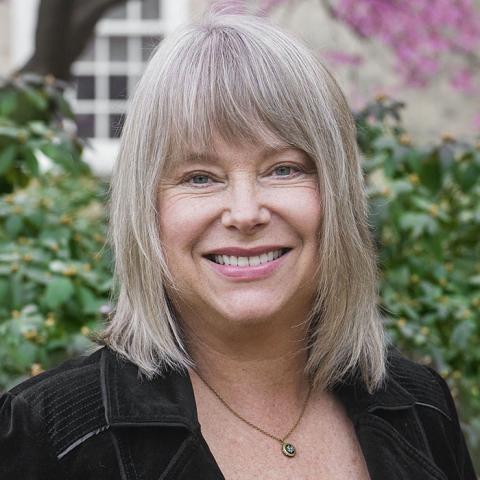Summer Centered:Turtle Conservation Takes Jessica Korgen ’24 Into the Field

Details
As an intern at the Massachusetts Audubon Society, Jessica Korgen '24 spent her summer on Cape Cod, protecting the threatened species of diamondback terrapins that nest there.
Growing up in Cape Cod, where rising sea levels make climate change a daily consideration, Jessica Korgen ’24 has seen dramatic effects on the delicate coastal environment over the past two decades. This summer, as an intern at the Massachusetts Audubon Society, sponsored by the Koshland Integrated Natural Sciences Center, she played a part in the conservation work necessary to counteract those changes.
Korgen spent her time in the sandy areas surrounding the marshes of Wellfleet, Massachusetts, protecting the threatened species of diamondback terrapins that nest there. She found and relocated nests that were in dangerous areas, tagged and documented the terrapins she encountered, and recorded data on nests where predators had already done their work. By analyzing the data from the terrapins she studied, she was able to determine a correlation between peak terrapin nesting activity and the nearby tides.
Each summer, female terrapins in Cape Cod leave the brackish water they inhabit to lay eggs above the high tide line. They dig out a series of holes in search of the perfect nesting spot and carefully cover them up to make them nearly impossible to find, even to a trained eye, Korgen said. But the combination of climate change and human development have complicated the process, bringing more predators into the ecosystem and putting terrapins at greater risk. Korgen protected nearly 100 terrapin nests this summer, very few of which would have survived without intervention, she said.
As an environmental studies major, Korgen has explored everything from environmental law to botany, but in conservation—and particularly the hands-on field work it requires—she’s found her true passion.
“I love this work because I will know I had a hand in saving the terrapin population when 1,000-plus hatchlings emerge from those nests in September,” she said. “In a field where it is easy to feel like all hope is lost, local ecological conservation or restoration projects are great for motivation.”
Along the way, she learned to accept the realities of the natural world. Arriving at a nest that had already been discovered by a predator, she took solace in the knowledge that she was helping reach the Audubon Society’s goal of protecting enough terrapins so the population can one day return to sustainable levels.
Before returning to Haverford for the fall semester, Korgen plans to go back to the nests she protected during the early hatchling season so she can support the release of baby turtles. And in the long run, her experience has fueled her desire to continue studying and working in ecological conservation, with a particular emphasis on the local level
“I am a strong believer that when every community does their part, even at a small scale, it can make great change,” Korgen said.
—Ben Seal




